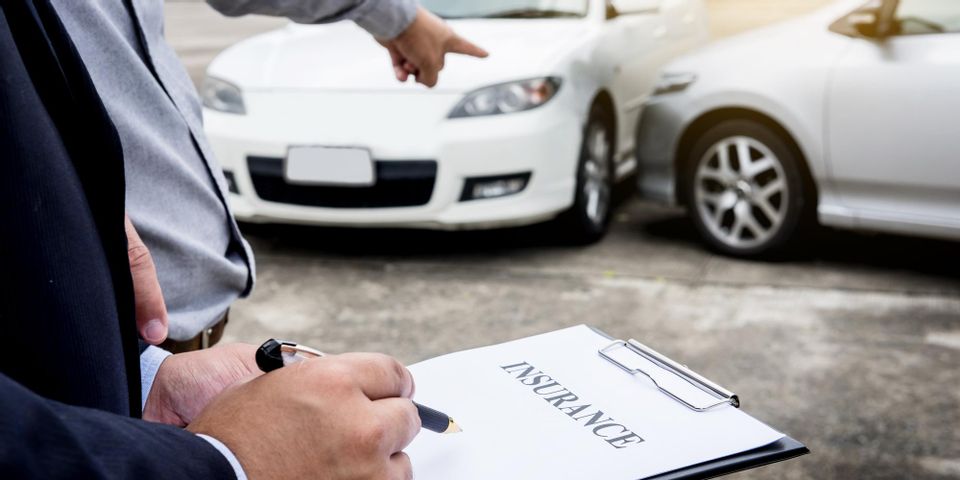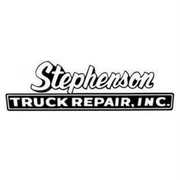How Do Insurance Companies Determine If a Vehicle Is Totaled?

Sometimes, a truck or car that appears to be a mangled wreck after an accident is able to be restored with collision repair done by a reputable body shop. Other times, one with seemingly minor cosmetic issues has extensive internal damage that results in your auto insurance company declaring the vehicle “totaled.” Here’s what factors they consider when determining where your ride falls on that line.
What Constitutes a Total Loss?
A damaged vehicle is tagged as a total loss for three reasons—it can no longer be fixed to running condition, the total cost of collision repairs is more than the car’s fair market value, or state laws declare it to be so based on a set threshold. To determine a course of action, your insurance company has to first figure out what its actual cash value (ACV) was before the damage. They do this by analyzing data that includes the vehicle’s age, condition, mileage, and model. But you can get a ballpark estimate by comparing your vehicle to ones that are similar in your area.
 Then, your insurer will estimate the cost of collision repairs and compare it against the ACV. Some companies and states set limits or thresholds for what counts as a total loss—it can range from 60 to 100 percent of a vehicle’s ACV. For instance, if total repairs on a car amounted to $1,500 on a vehicle worth $2000, then it’s considered totaled in Nebraska but not in Florida or Texas.
Then, your insurer will estimate the cost of collision repairs and compare it against the ACV. Some companies and states set limits or thresholds for what counts as a total loss—it can range from 60 to 100 percent of a vehicle’s ACV. For instance, if total repairs on a car amounted to $1,500 on a vehicle worth $2000, then it’s considered totaled in Nebraska but not in Florida or Texas.
In certain states like Alaska and Arizona, they factor in another figure—the salvage value, which is the selling price of the metal and working components of a damaged vehicle. If the cost of repairs and salvage value are more than the ACV, then a vehicle is deemed a total loss.
What Are Your Next Options?
Ask your claims adjuster how they calculate for total loss to better understand the entire valuation process. Give them any recent repair receipts that might bump up the replacement cost or improve your damaged vehicle’s value. The insurer will make the settlement check payable to you or your bank if the vehicle was under a loan or lease. If the loss payout is lower than the loan’s remaining balance, you still have to pay the lender for the outstanding amount out of pocket. Avoid this costly obligation with gap coverage on your insurance policy.
Meanwhile, some states allow the return of the fixed vehicle and its title to you. Bear in mind that when it’s repaired, it is sometimes re-registered with the DMV and tagged as ‘salvaged’ or ‘revived salvage’ to inform future buyers.
The rules for declaring a vehicle totaled varies by state and insurance company. When you need collision repairs, count on the professionals at Stephenson Truck Repair. Serving motorists in and around Lincoln, NE, their licensed mechanics have provided exceptional truck services—from repairs to inspections—for more than 50 years. Schedule an appointment online or call (402) 466-8532 today.
About the Business
Have a question? Ask the experts!
Send your question

